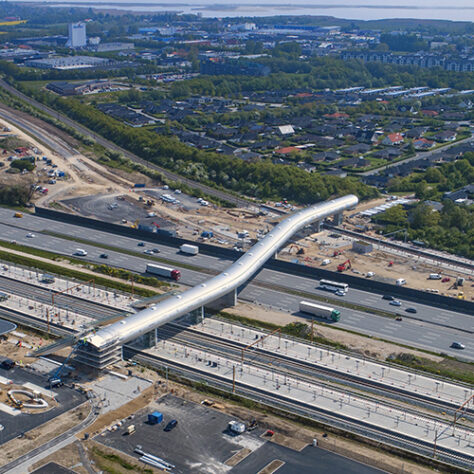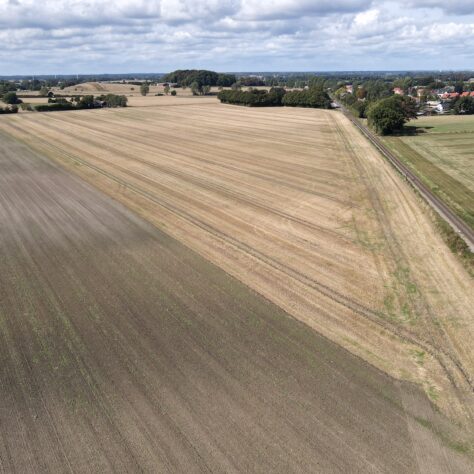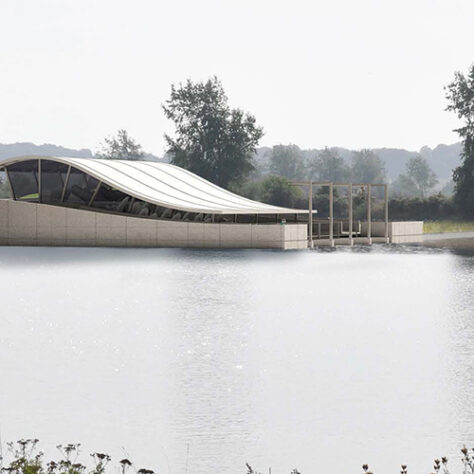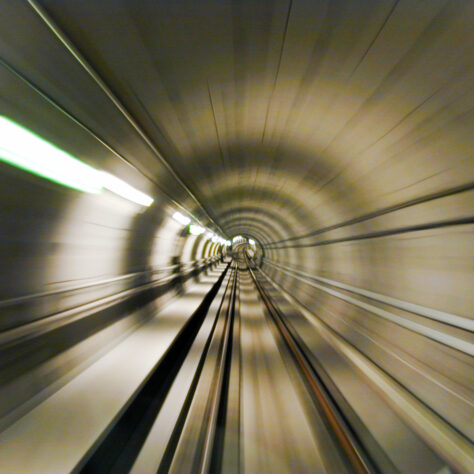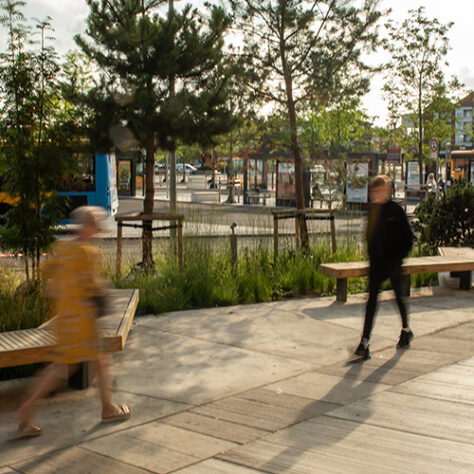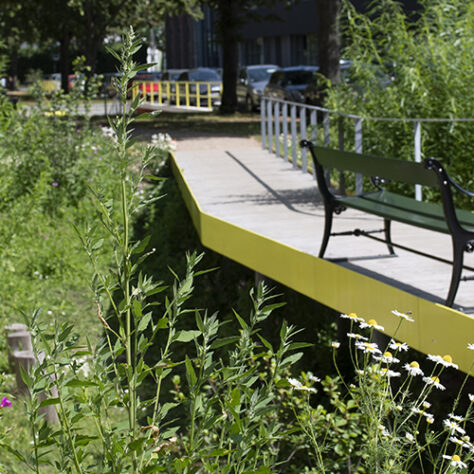We design and engineer all types of facilities. We deliver digital design of infrastructure across sectors and disciplines. We model in 3D, offer 3D visualisations, and design new facilities from scratch, as well as modifications to existing infrastructure.
Design management
At SYSTRA, our design managers and discipline leads are responsible for maintaining the overall professional overview. Their expertise, understanding of how different disciplines work and interact, management of interfaces, and cross-disciplinary perspective ensure that our deliverables meet our clients’ technical requirements and expectations.
The design phase of an infrastructure project includes the development of the project’s design and technical documentation, such as drawings, calculations, specifications, and descriptions, which together provide the foundation for the actual execution of the project.
Main tasks in the design phase
- Coordination of disciplines: Ensuring collaboration between different disciplines such as architects, engineers, and other specialists to achieve a coherent and well-integrated design.
- Time management: Planning and managing the schedule for the design work to ensure the project progresses in line with the overall project plan.
- Quality assurance: Ensuring that technical solutions and documents comply with applicable standards and quality requirements.
- Risk management: Identifying and managing risks associated with the design work to minimise potential issues in later phases.
- Communication: Facilitating effective communication between the project team and external parties such as clients, consultants, and authorities.
- Budget management: Monitoring and controlling costs related to the design phase to ensure they remain within the allocated budget.
A Design Manager acts as the link between the client, the project team, and the various specialists to ensure that the design process is carried out efficiently and meets both technical and financial requirements. The role requires strong project management skills combined with a solid understanding of the technical aspects within construction and civil engineering.
We provide services within many disciplines and therefore continuously develop design managers to oversee the management of specialist teams and technical deliverables.
At SYSTRA, we also offer secondment to the client’s organisation, thereby contributing expertise and resources directly to the project team.
Design includes, among other things:
- Design
- Technical calculations
- Drawings and BIM modelling
- Specifications
- Execution plans
- Assessment of, for example, sustainable alternatives
- Assessment of project optimization
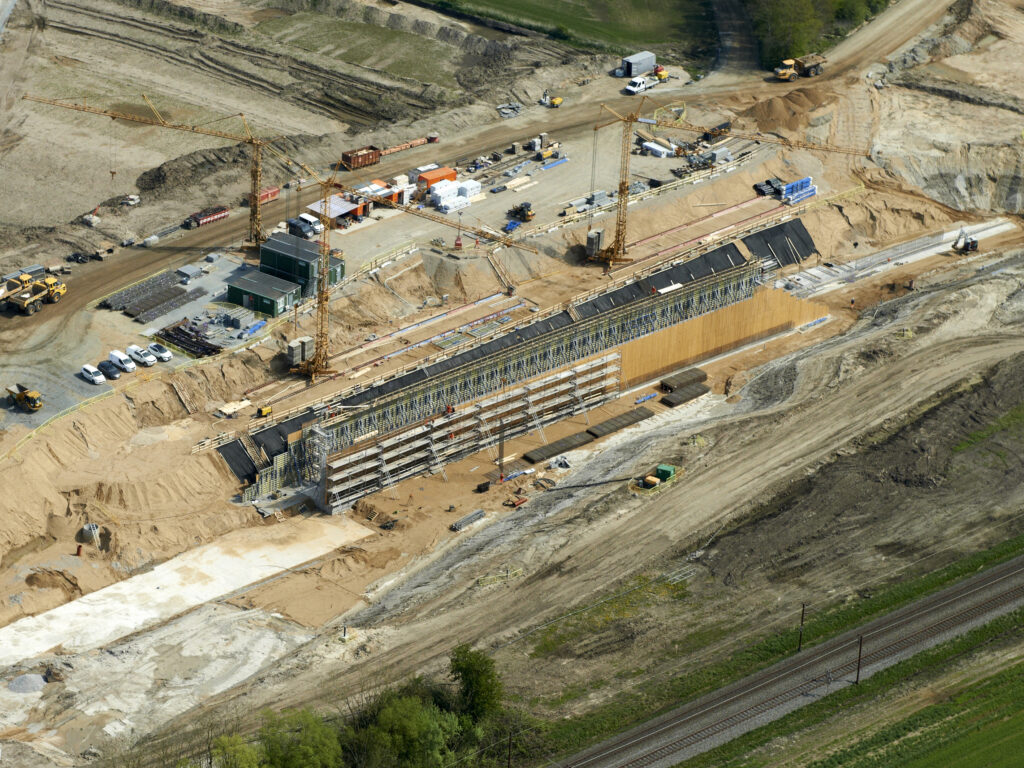
On the project for the new railway across West Funen, SYSTRA has closely coordinated with the Danish Road Directorate and Banedanmark on the project, where the existing railway line remains in operation. At SYSTRA, we have managed technical clarifications with a four-hour deadline and contributed to the planning of necessary expropriations.
This is important to ensure that the construction process proceeds efficiently without affecting daily train operations, and that all activities take place in close cooperation between the involved parties.
Photo: Danish Road Directorate
At SYSTRA, we actively work with critical infrastructure during the design phase to strengthen the protection and resilience of the finished facility. With the introduction of the CER and NIS2 legislation on July 1, 2025, we help our clients create a systematic and documented overview of their critical infrastructure, as well as manage unforeseen threats and risks.
Michael Skovgaard, Senior Safety Specialist at SYSTRA Denmark
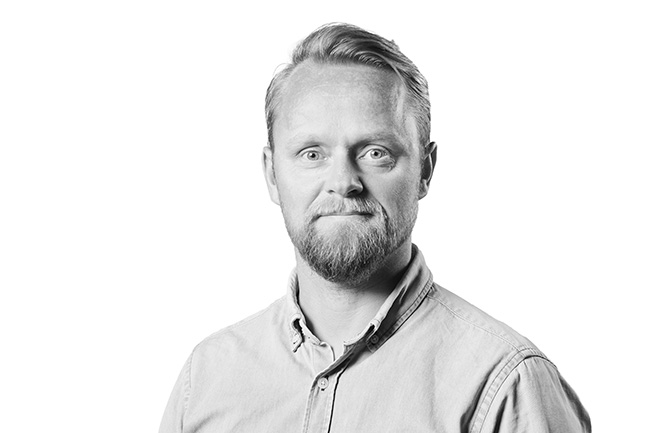
Design of all types of infrastructure
Whether it concerns route alignment, rail systems, road intersections, drainage, climate adaptation, structures, energy distribution, or port facilities, we can design, draft, and calculate the facility. As consulting engineers, design is a natural part of what we deliver to our clients. In the design process, we plan and develop a project in detail before it is executed. This typically includes design, technical calculations, construction drawings, specifications, descriptions, and budgets, which are necessary to realize the project.
The main purpose of the design phase is to ensure that all aspects of the project are thoroughly considered and coordinated, so that the execution can proceed without major changes or issues.
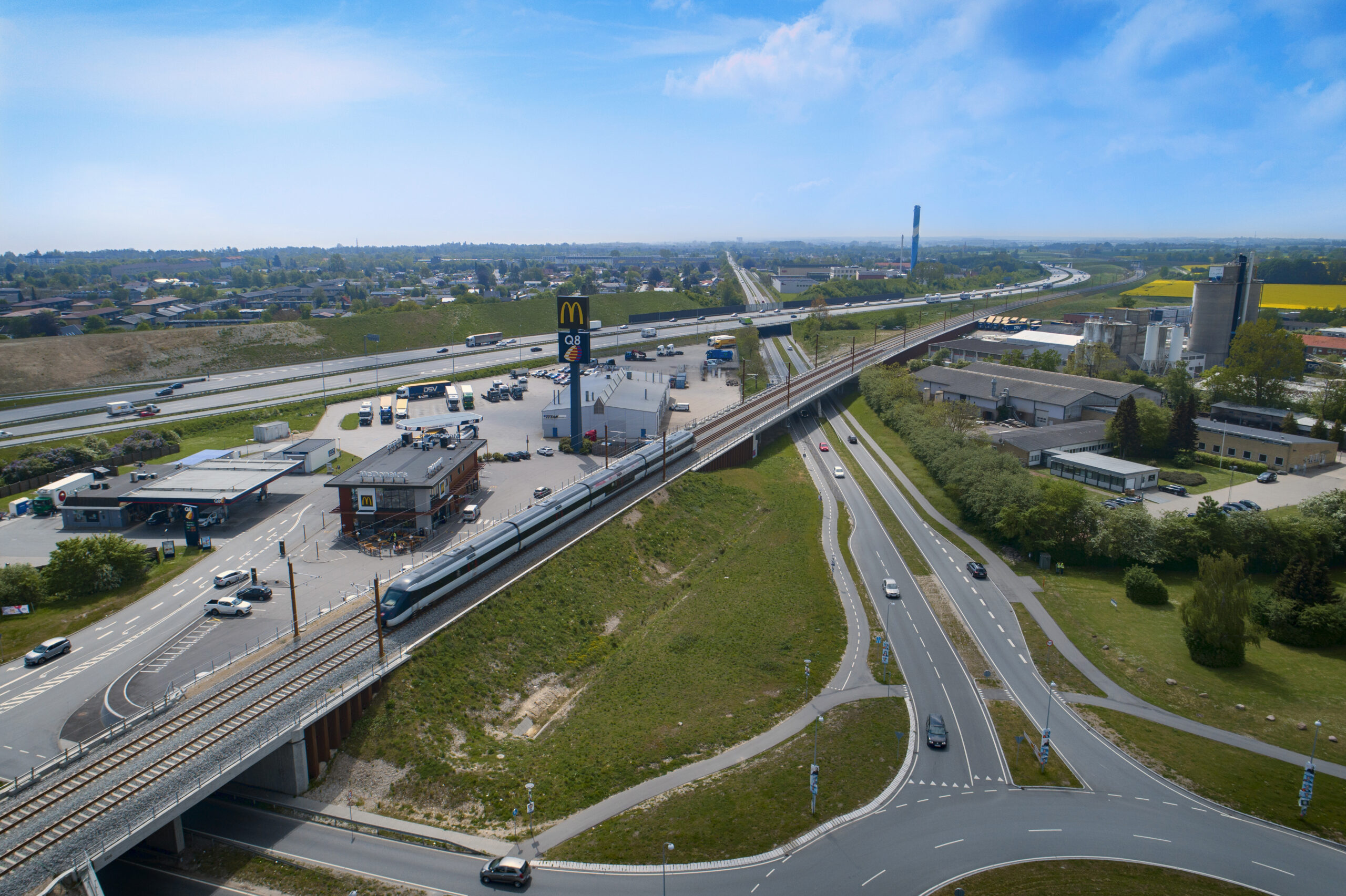
 Australia
Australia  Brazil
Brazil  Canada
Canada  Chile
Chile  China
China  Columbia
Columbia  Egypt
Egypt  France
France  India
India  Indonesia
Indonesia  Ireland
Ireland  Italy
Italy  Malaysia
Malaysia  New Zealand
New Zealand  Norway
Norway  Panama
Panama  Peru
Peru  Poland
Poland  Portugal
Portugal  Saudi Arabia
Saudi Arabia  Singapore
Singapore  South Korea
South Korea  Spain
Spain  Sweden
Sweden  Taiwan
Taiwan  Thailand
Thailand  Türkiye
Türkiye  United Kingdom
United Kingdom  United States
United States  Vietnam
Vietnam 